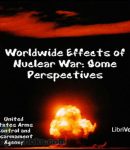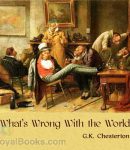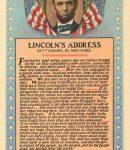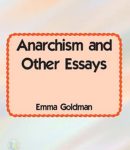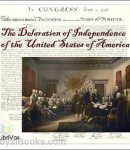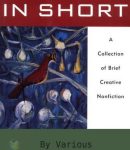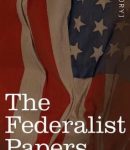Chicago, May 4, 1886. In the Haymarket region of the city, a peaceful Labor Day demonstration suddenly turns into a riot. The police intervene to maintain peace, but they soon use violence to quell the mob and a bomb is thrown, resulting in death and injuries to scores of people. In the widely publicized trial that followed, eight anarchists were condemned to death or life imprisonment, convicted of conspiracy, though none of them had actually thrown the bomb. A young Russian immigrant, Emma Goldman, had arrived just the previous year in the United States. She was deeply affected by what came to be known as the Haymarket Affair. She took on various jobs, including that of a factory worker before becoming a writer and lecturer committed to anarchist philosophy. In the years to follow, she and her lover planned to assassinate a well known financier and industrialist. Though the victim survived, Goldman’s lover was sentenced to life imprisonment while she received a lesser sentence. However, she continued to spend time in and out of jail for various activities including distribution of literature regarding birth control, inducing people not to join the newly introduced military draft etc. She was deported back to Russia but found the regime there highly repressive and lived in Canada, England and France. She wrote passionately about issues that concerned humanity including prisons, religion, marriage, free love, the right of choice, capitalism, homosexuality, gender politics and militarism. Anarchism and Other Essays was first published by her own […]
